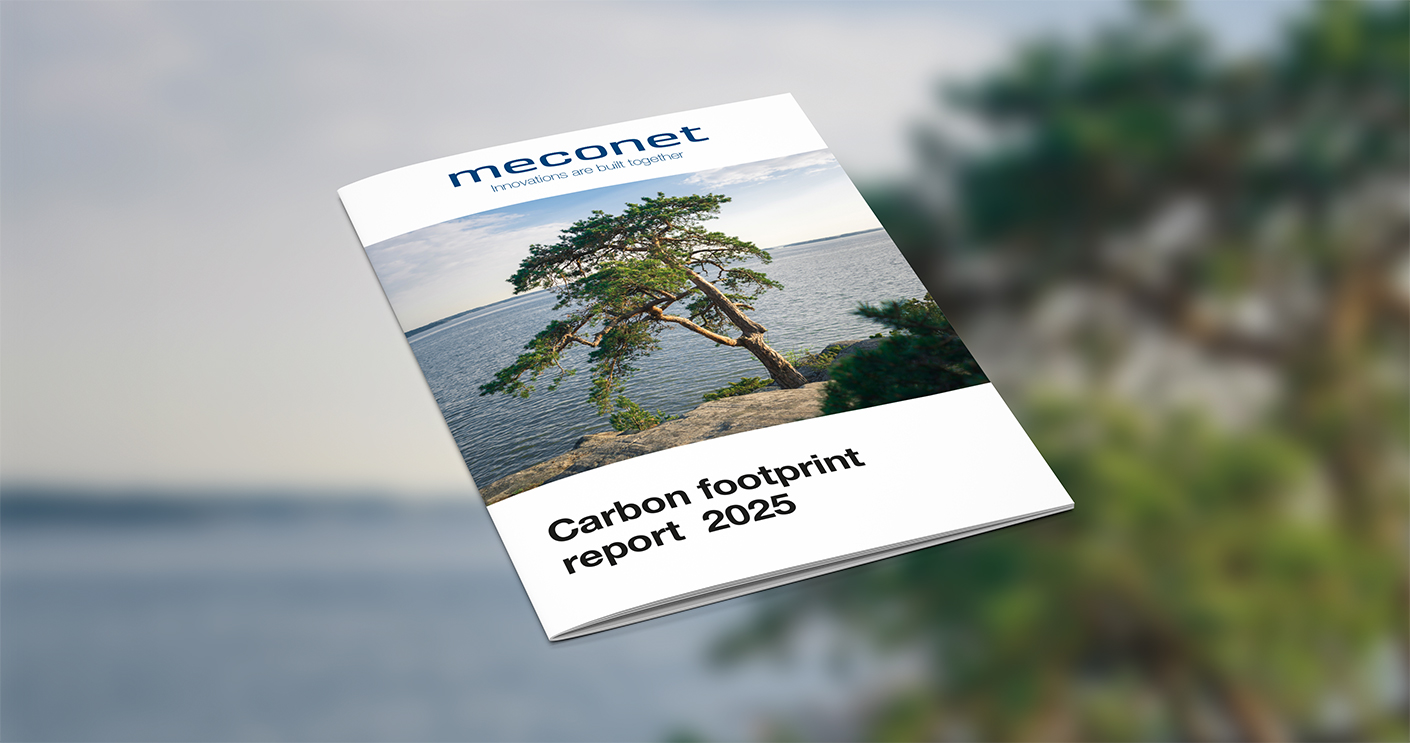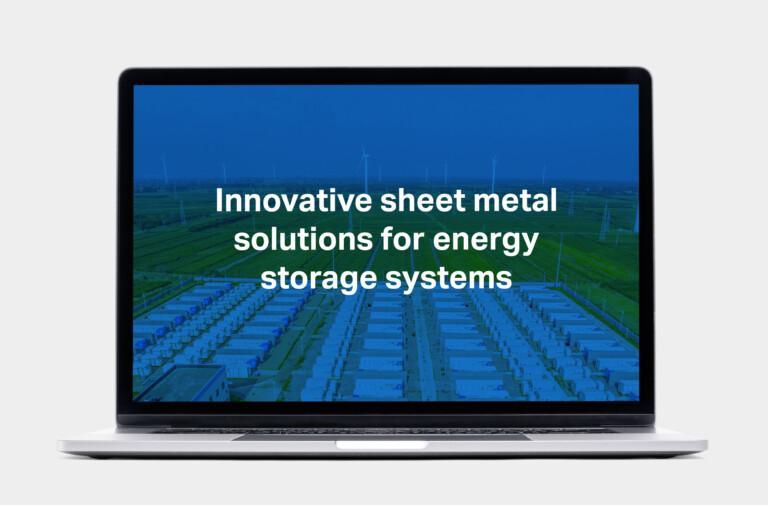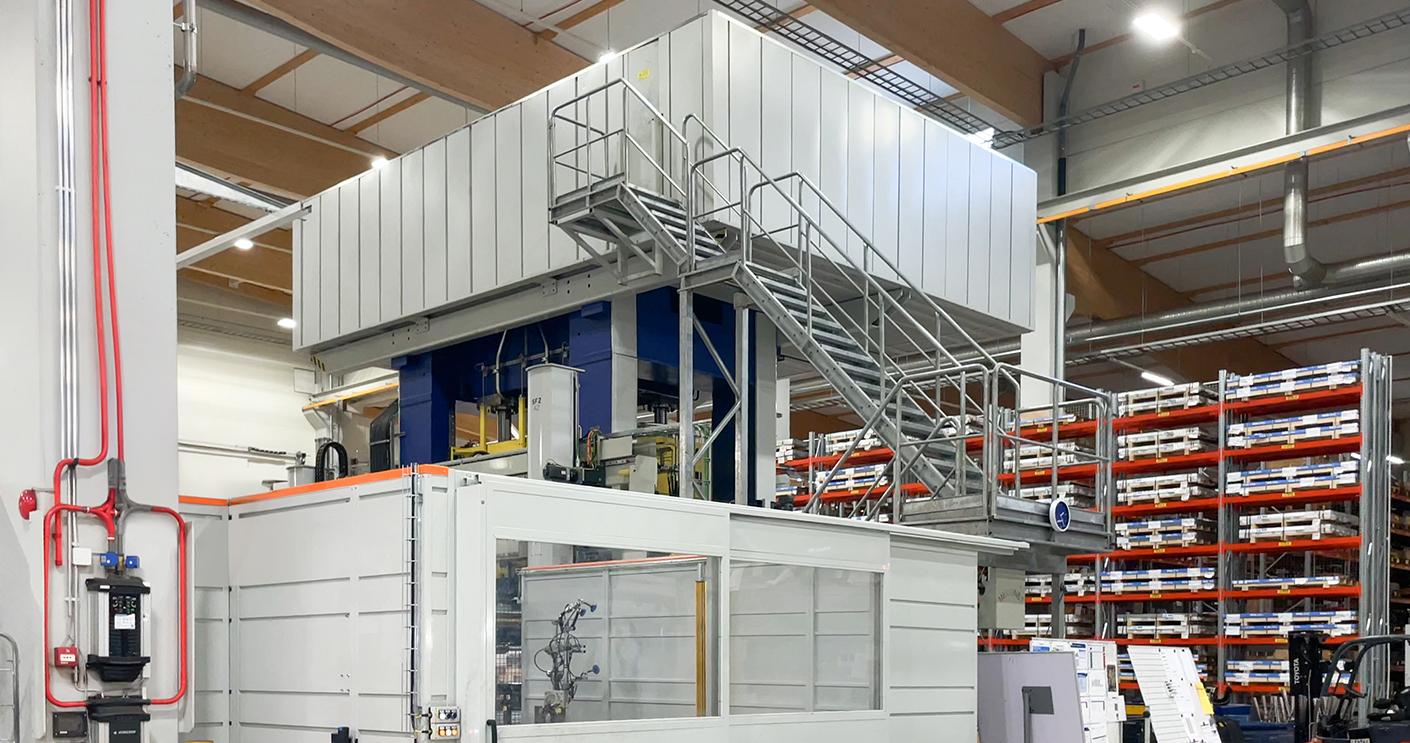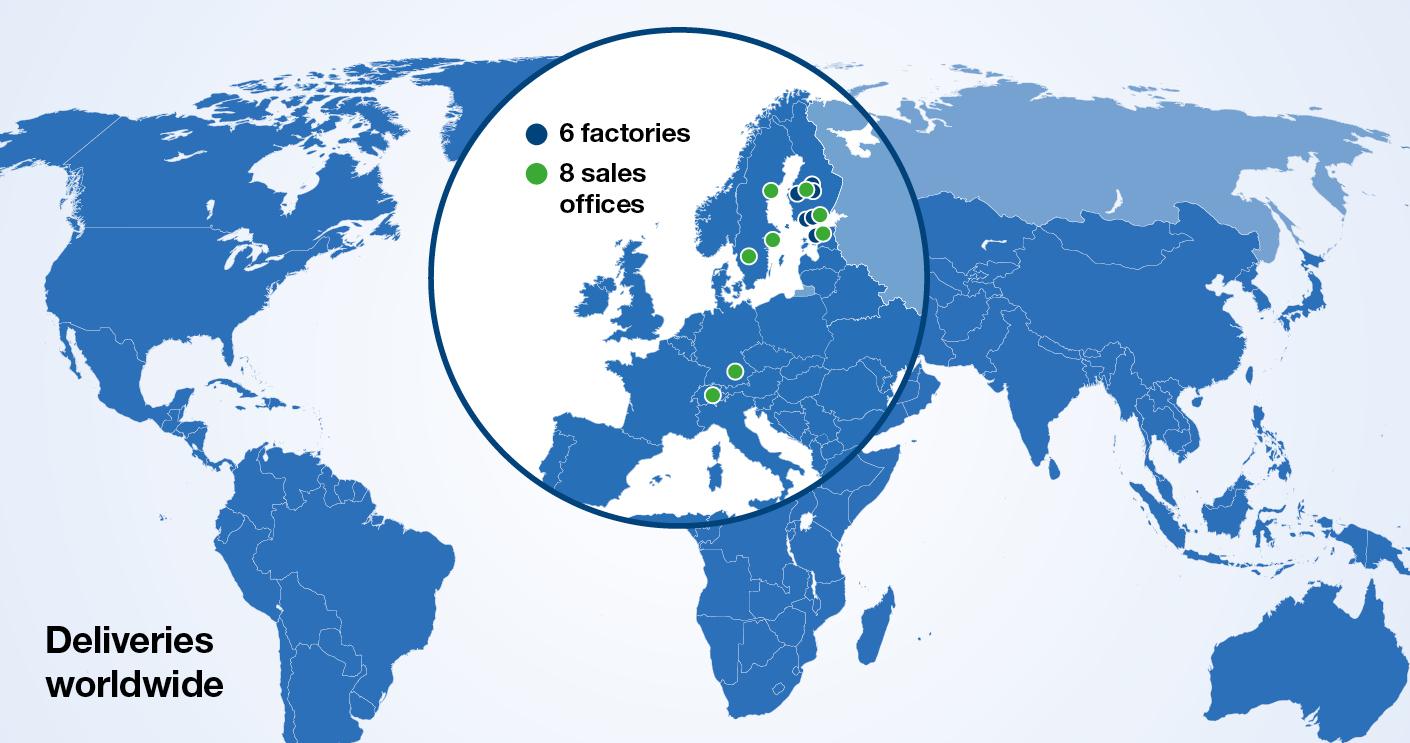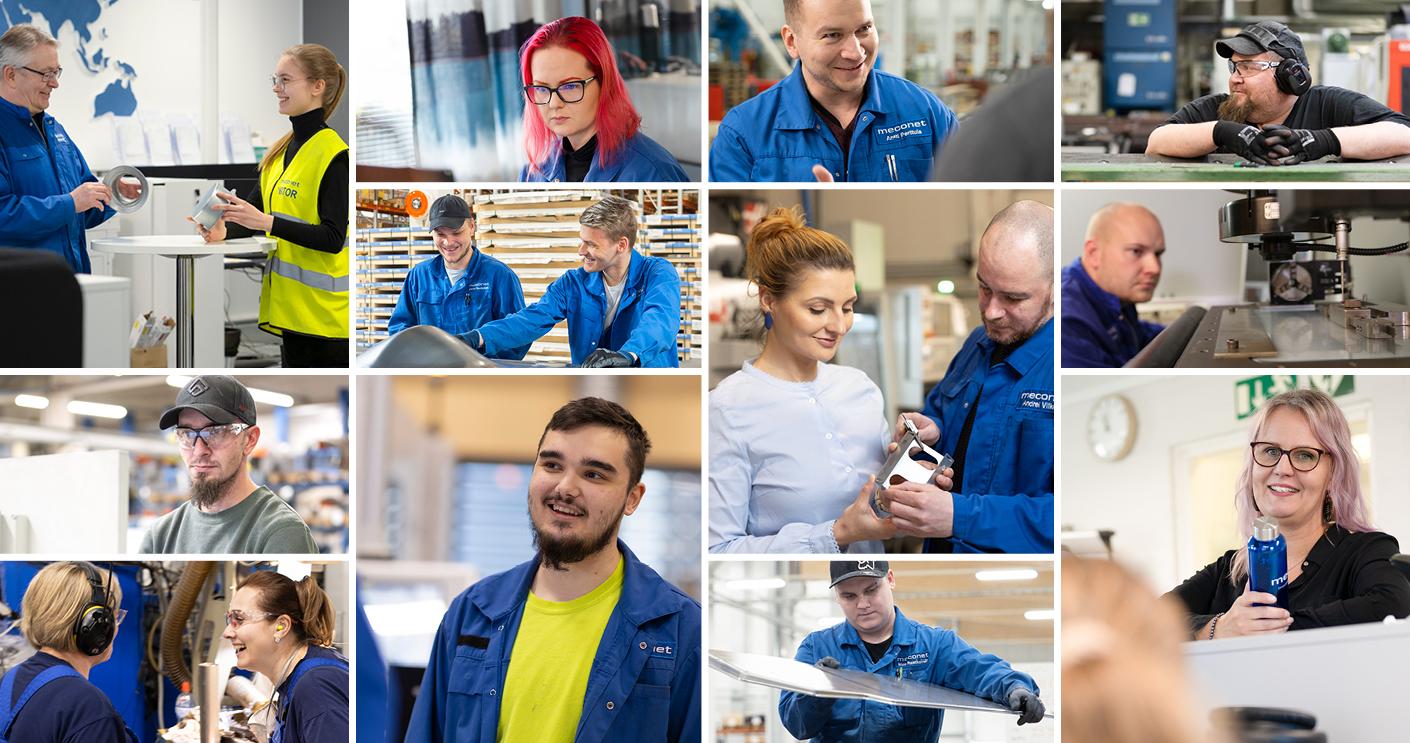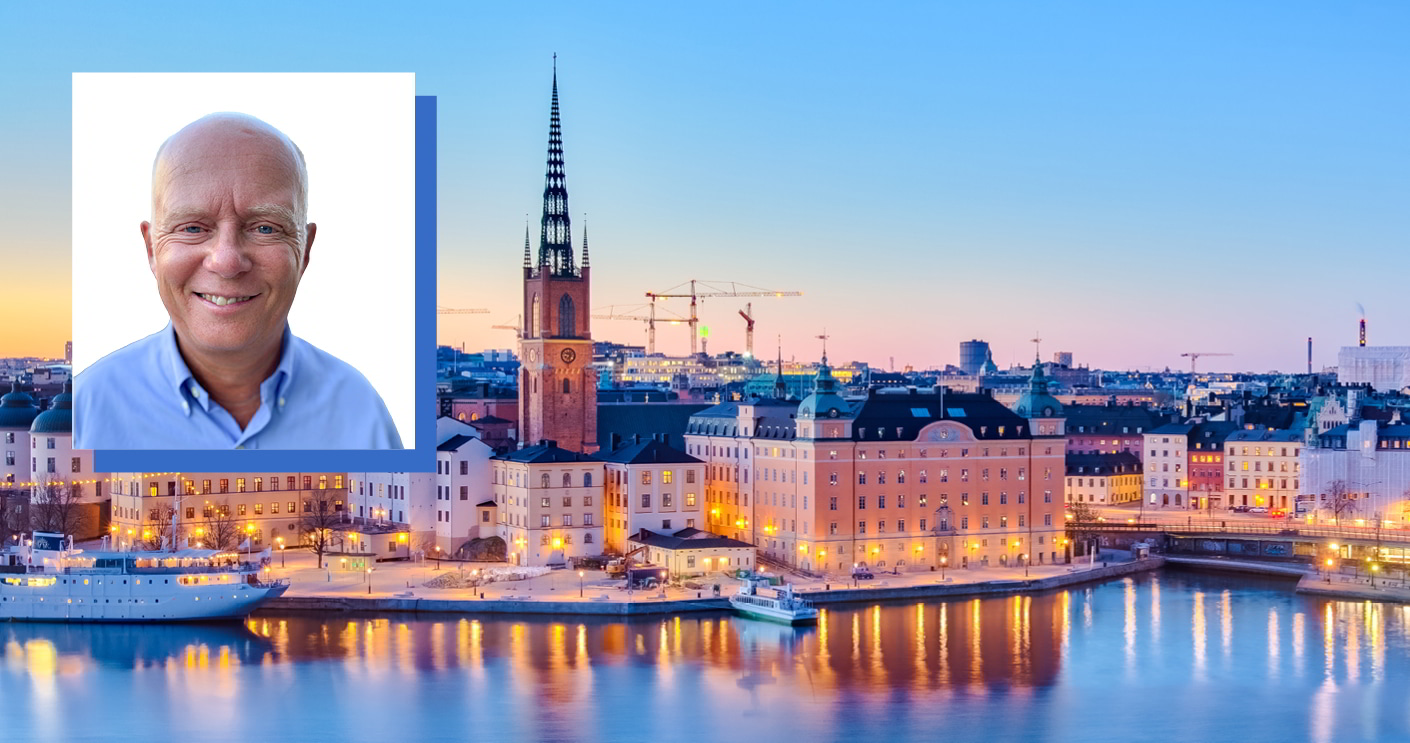Meconet has successfully achieved its goal of cutting its carbon footprint in half ahead of schedule and is now making steady progress towards full carbon neutrality in production. At the same time, responsibility requirements are becoming stricter and more specific – for us and our customers alike.
In 2021, we set a bold goal: to cut the carbon footprint of our operations (Scope 1 and 2) in half by the end of 2025. Today, based on our latest report completed in March 2025, we can proudly confirm that we have achieved this goal ahead of schedule.
“In 2024, total emissions amounted to 22,794 tons of CO2, with over 96% originating from our value chain. Emissions from our own operations have decreased by nearly 80% as compared to the 2021 baseline.”
The single largest emission reduction measure was the transition to green electricity, effectively eliminating electricity-related emissions. Another significant achievement is our systematic data collection and reporting. Our recent report is not merely about statistics; it serves as a tool to help us make more informed decisions and target our actions more efficiently. It also supports our ability to respond to our customers’ increasingly detailed inquiries, which now go beyond carbon footprints to include circular economy practices and material efficiency.
The final steps: more difficult but unavoidable
As the most significant emissions reduction measures have already been implemented in our operations, the final few percentage points require even more ingenuity and collaboration. Our next priorities include improving heating efficiency and reducing emissions from our vehicle fleet.
Individual measures alone will not be sufficient to achieve and exceed our goals; instead, close collaboration with our personnel, suppliers, and customers is required. Meconet’s strength has always lied in that responsibility work is not an isolated effort, but an integral part of our daily operations and mindset. We have invested in training and communication to ensure that everyone understands how their actions contribute to the bigger picture.
“The gases and fuels used in production require constant monitoring – achieving carbon neutrality, however, will require a change in manufacturing processes.”
Managing Scope 3 emissions is particularly challenging, as they are largely tied to steel production. Nevertheless, we are well-prepared to respond to our customers’ inquiries and offer specific solutions.
Customers’ requirements grow
In our previous blog post Sustainable growth – continuously reducing emissions, we predicted that our customers’ responsibility-related demands would increase. This development has come true – even faster than expected.
“Our Scope 1 and 2 goal is carbon neutrality by 2030. As for Scope 3 emission reductions, we are proceeding hand in hand with our customers – by providing emission calculations, data, and concrete solutions.”
Increasing attention is also being paid to logistics-related emissions. Transport companies using biodiesel and electrified ferry projects present great opportunities for emissions reduction – and Meconet is actively involved in these solutions.
Towards 2030
In 2025, we have clearly seen an increase in demand for low-carbon steel. At the same time, the challenges faced by the European and German automotive industries are causing economic uncertainty in the metals sector, which may lead to the postponement of some sustainability investments.
“Low-carbon steel is no longer merely an interesting subject, but the focus of specific surveys and pilot projects that we are already carrying out this year.”
The rapid growth in customer inquiries clearly demonstrates that sustainability is no longer something that only the sustainability department should be concerned with – it is now a business-critical element in tenders and partnerships. Just a year ago, low-carbon steel was mentioned in discussions more out of curiosity than with concrete calculations in mind.
We already have pilot projects with our customers dedicated to application of low-carbon steel. In addition, in logistics solutions, we collaborate with our customers to find alternatives that not only meet emission reduction targets but also create a competitive market advantage.
In the final analysis, responsibility and growth are not mutually exclusive – quite the opposite, actually. Today, responsibility is increasingly the decisive factor in our customers’ purchasing decisions. We’re headed in the right direction. It’s good to continue from here.

Want to boost performance, cut costs, and streamline your energy storage system’s design? Unlock the access!
Discover how smart engineering choices can make your battery systems lighter, stronger, and more cost-effective – without compromising performance.
Read more
